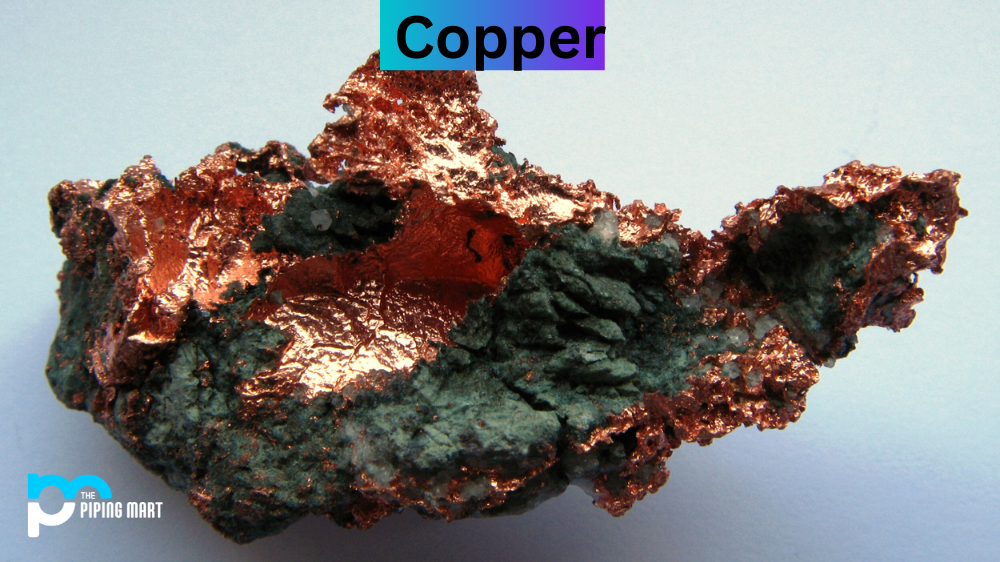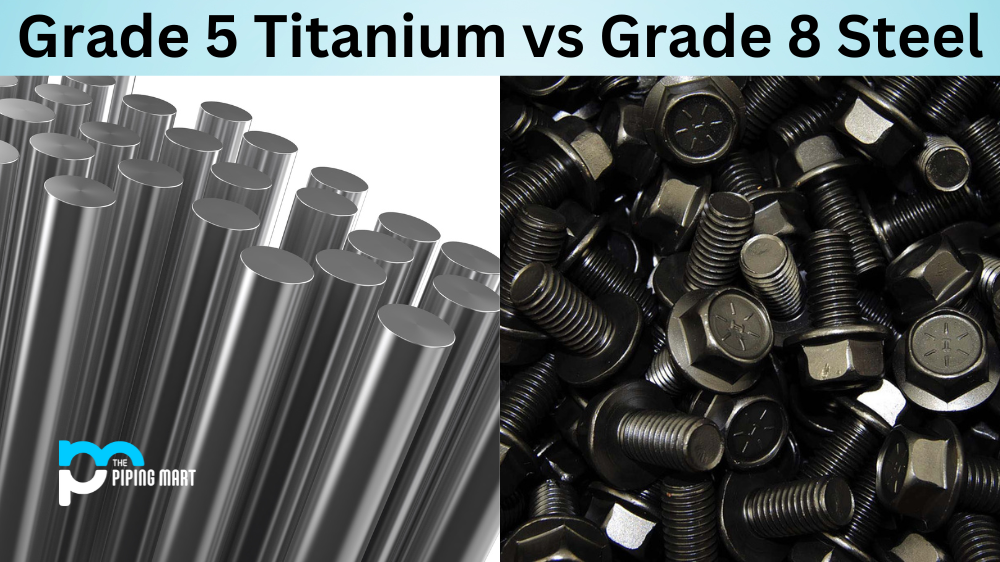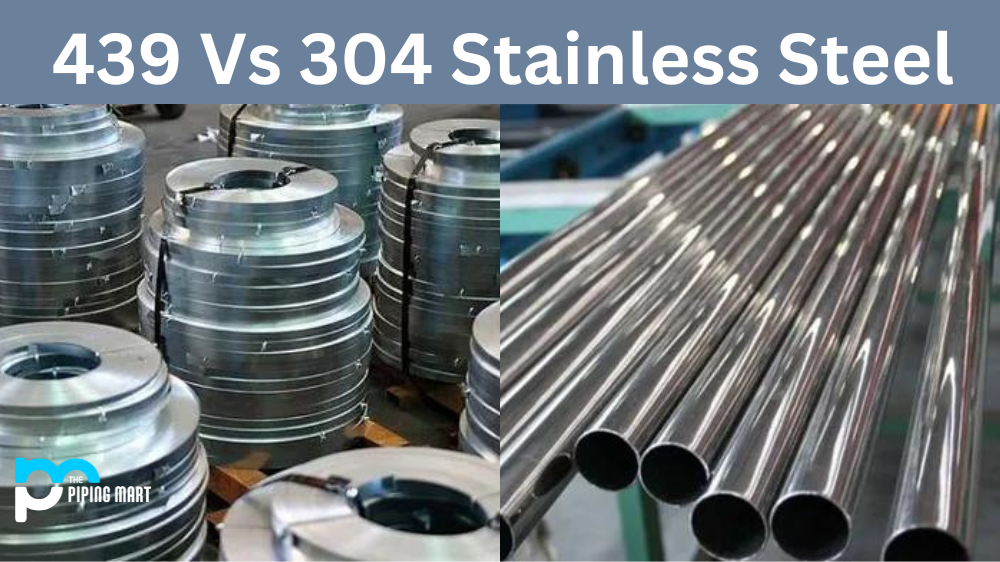Have you ever wondered what happens when certain chemicals are mixed together? One particular combination of two chemicals that produces an interesting reaction is copper and concentrated nitric acid. When heated together, these two substances can create a dramatic reaction. Let’s take a look at the process in more detail and explore why this reaction occurs.
The Reaction Process
When copper is heated with concentrated nitric acid, an oxidation-reduction reaction takes place. In this type of reaction, electrons are transferred from one atom to another, resulting in the formation of products such as water, nitrogen dioxide, and copper(II) nitrate. The following equation shows the balanced chemical equation for this reaction:
Cu(s) + 4HNO3 (aq) → Cu(NO3)2 (aq) + 2NO2 (g) + 2H2O (l)
This equation shows that one atom of copper reacts with four atoms of nitric acid to form one molecule of copper(II) nitrate and two molecules of nitrogen dioxide gas. The other product formed in this reaction is water.
The reason why these two substances react so vigorously is that both copper and nitric acid are quite reactive chemicals. Copper is a metal that readily gives up electrons, while nitric acid is an oxidizing agent which readily accepts electrons. As a result, when heated together, they rapidly undergo an oxidation-reduction reaction where electrons are transferred from the copper to the nitric acid molecules. This creates new products, which can then be observed or used in other reactions.
Conclusion
In summary, when copper is heated with concentrated nitric acid, it produces an oxidation-reduction reaction which results in the formation of water, nitrogen dioxide gas, and copper(II) nitrate salt. This type of reaction occurs because both substances have high reactivity levels due to their electron transfer properties – making them perfect for producing exciting reactions! If you’re interested in learning more about chemical reactions like this one, make sure to stay tuned for our upcoming articles!

A passionate metal industry expert and blogger. With over 5 years of experience in the field, Palak brings a wealth of knowledge and insight to her writing. Whether discussing the latest trends in the metal industry or sharing tips, she is dedicated to helping others succeed in the metal industry.




